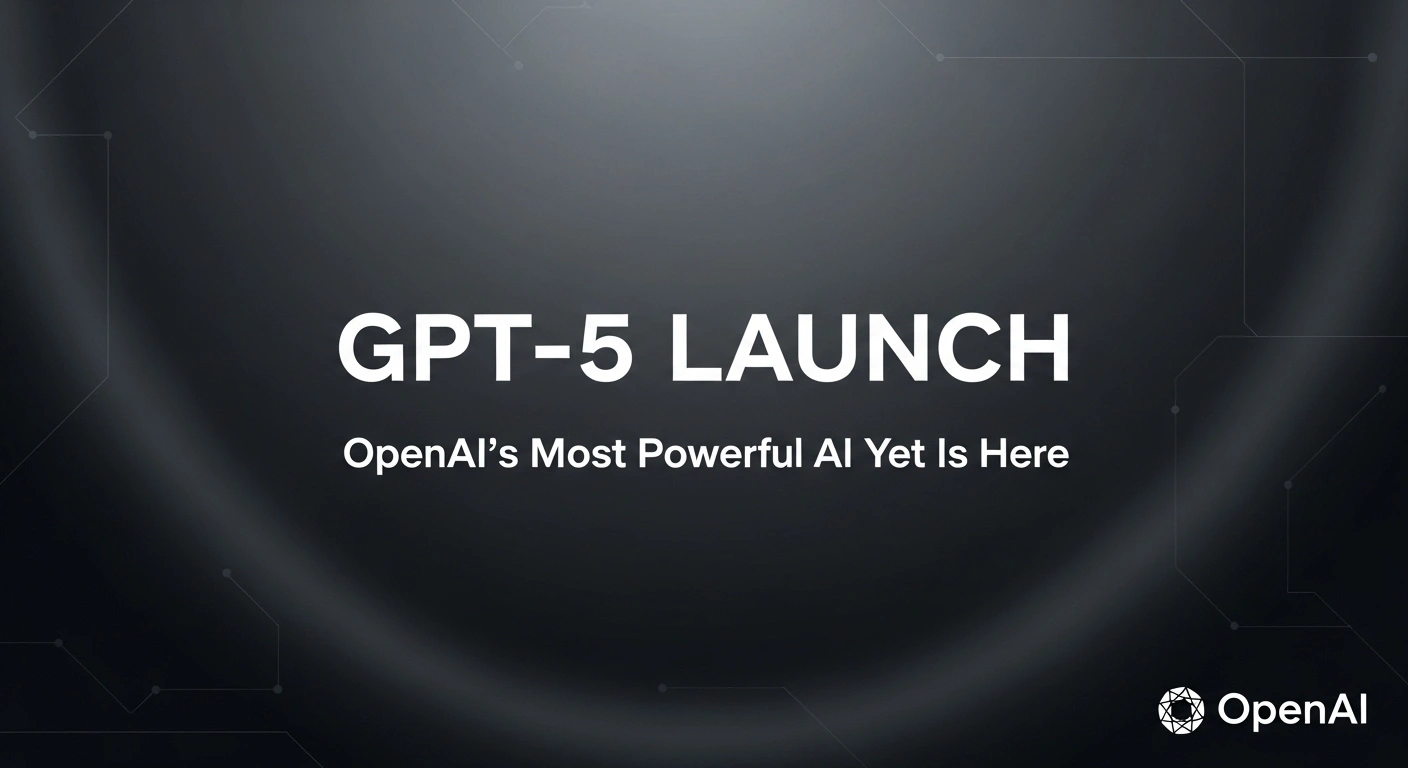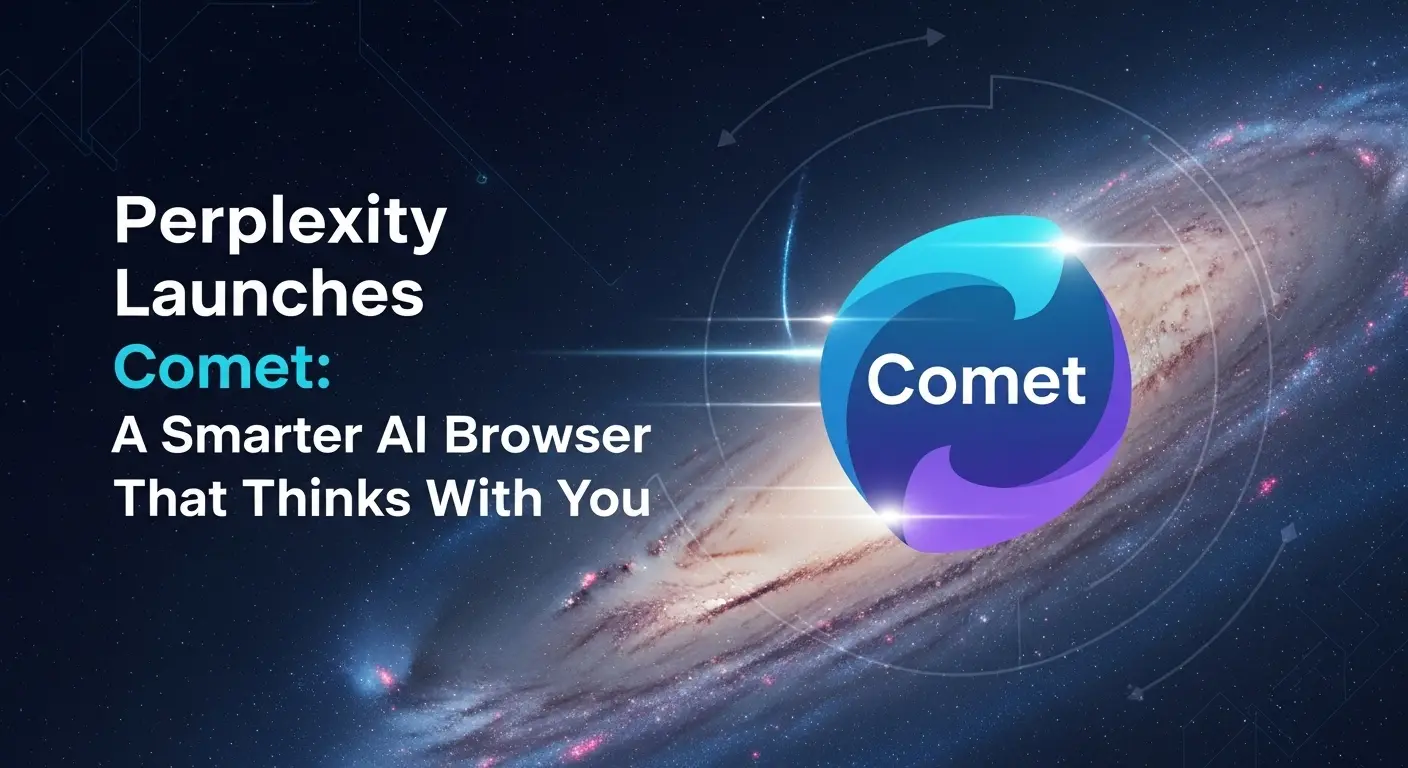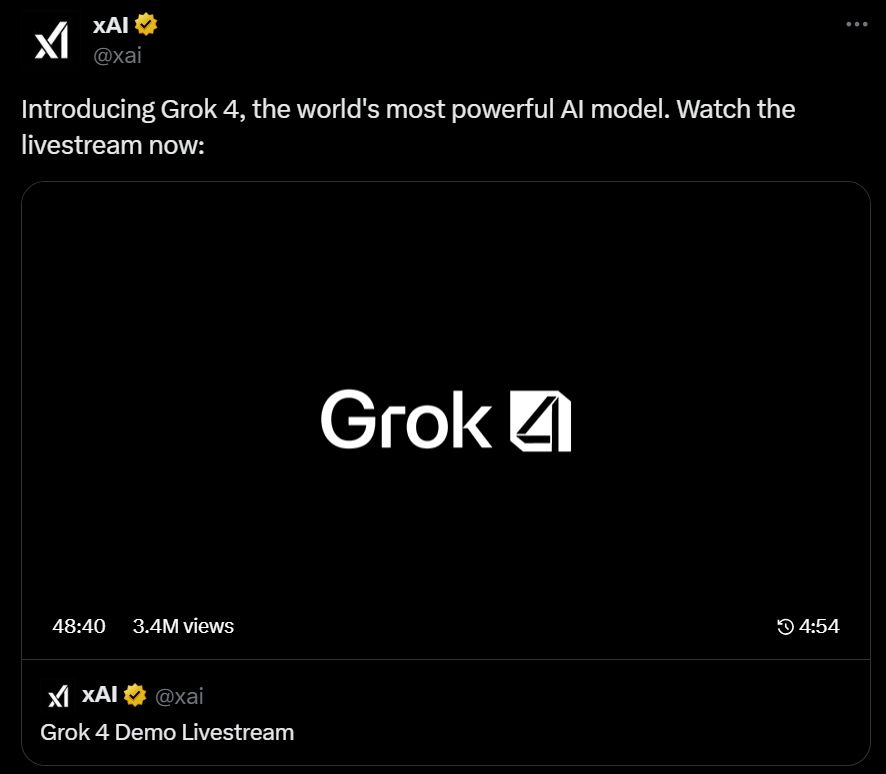By Mehak Malik
Artificial Intelligence is reshaping industries around the world, from healthcare and finance to agriculture and retail. To understand how AI adoption is accelerating and how education is preparing professionals for this shift, we spoke with Pragati Awasthi, Assistant Teaching Professor at Drexel University and mentor at Great Learning. With experience spanning consultancy, fintech, Data Science, and academia, Pragati offers rich insights into connecting technical skills with real-world impact and mentoring the next generation of learners.
AI, Mentorship, and Real-World Impact: Lessons From a Mentor
Pragati’s career path reflects a deep desire to bridge industry experience with meaningful learning. Her transition from consultancy and fintech to teaching is grounded in both curiosity and impact, and what kept her motivated throughout this shift was the joy of guiding learners.
“My journey from industry to academia was mainly driven by a desire to share the knowledge and practical insights I gained over the years in consultancy, fintech, and Data Science roles. It gave me a strong foundation in solving complex business problems and deepened my expertise in applying AI to real-world challenges such as fraud detection, credit risk, and customer engagement”.
“What gave me the most satisfaction was mentoring teams and helping others understand how technical skills can be applied to solve meaningful, real-world problems. Teaching allows me to bring industry experiences into the classroom and complement the solid foundation that textbooks provide with practical context and real-world perspectives,” she adds.
“I have found great joy in exploring ideas with students, discussing challenges openly, and guiding them to apply technical skills to impactful problems. At the same time, I continue to learn a great deal from their perspectives, which makes the experience truly rewarding.”
AI’s Expanding Horizon: Where the Next Wave of Impact Lies
With AI accelerating across sectors, Pragati sees enormous potential in non-tech industries that are rich in data but still evolving in digital maturity.
“I believe that some of the most transformative opportunities for advanced AI lie in data-rich yet traditionally less technology-centric sectors,” she explains.
She highlights several domains where AI is poised to create large-scale impact:
- Healthcare: advancing diagnostics, enabling personalised treatments, and accelerating drug discovery.
- Agriculture: unlocking precision farming and yield optimization for sustainable global food security.
- Manufacturing and Supply Chains: transforming resilience through predictive maintenance and intelligent forecasting.
- Retail and Consumer Goods: driving personalization, trend prediction, and stronger fraud detection.
- Insurance: improving risk modelling, claims processing, and customer engagement.
“The common thread across these sectors is not merely the availability of data, but the ability to integrate AI thoughtfully into complex operations. Achieving scalability requires technical innovation along with attention to governance, ethics, and human factors,” she adds.
Why Data Literacy Matters Now More Than Ever
Data analytics adoption is shifting rapidly, both in classrooms and workplaces. Pragati emphasises that this evolution is expanding beyond technical domains.
“In education, we are seeing a shift toward hands-on, applied learning with real datasets, cloud tools, and case studies. There’s growing emphasis on data ethics, storytelling, and interdisciplinary applications, so students learn not only the methods but also how to apply them responsibly”.
“Business leaders, marketers, and policymakers are increasingly expected to interpret and act on data. Organizations are fostering a data-driven culture, making analytics skills as fundamental today as computer literacy was a decade ago”.
She illustrates this with a real example:
“A close friend of mine, who leads analytics for an insurance firm, recently shared how their teams are being re-trained to think beyond traditional actuarial models. Underwriters, claims managers, and even customer-service leaders are now expected to interpret model outputs, challenge assumptions, and make data-informed decisions. It’s a vivid reminder that data literacy is no longer a specialist skill; it’s becoming a core capability across the enterprise.”
A Journey Shaped by Curiosity, Insight, and Impact
Pragati’s insights reflect on the evolving nature of AI, Data Science, and interdisciplinary innovation. From consultancy to academia, she has brought practical context into the classroom, helping learners think critically and solve meaningful, real-world problems.
Her work highlights that impactful contributions in AI and Data Science emerge where knowledge, mentorship, and purpose intersect. For Pragati, teaching goes beyond transferring technical skills; it is about shaping learners to analyse, question, and act responsibly in a world increasingly driven by intelligent systems.






